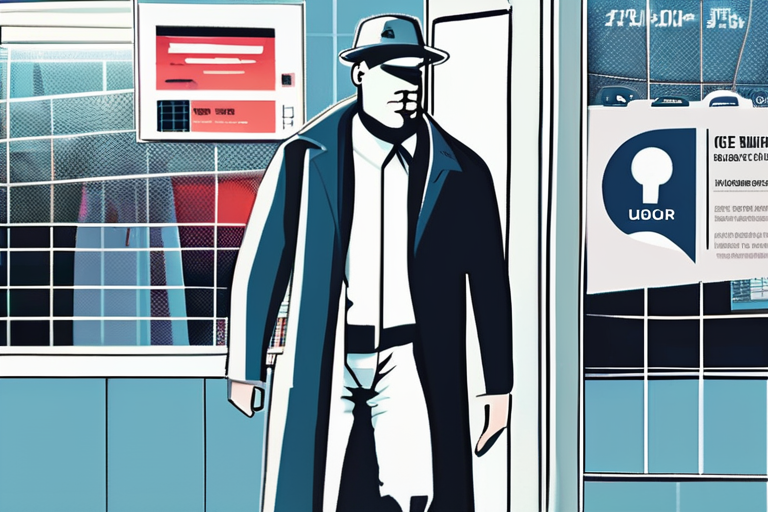ICE Lures Thousands to Texas Hiring Fair: A Glimpse into the Recruitment Machine


Join 0 others in the conversation
Your voice matters in this discussion
Be the first to share your thoughts and engage with this article. Your perspective matters!
Discover articles from our community

 Hoppi
Hoppi

 Hoppi
Hoppi

 Hoppi
Hoppi

 Hoppi
Hoppi

 Hoppi
Hoppi

 Hoppi
Hoppi

US Immigration Authorities Plan to Expand Social Media Surveillance, Hire 30 Contractors The US immigration authorities are moving to dramatically …

Hoppi

ICE Plans to Expand Social Media Surveillance, Hire 30 Contractors In a move that has sparked concerns about government overreach …

Hoppi

Homeland Security Reassigns CISA Cyber Staffers to Support Trump's Deportation Crackdown In a move that has raised concerns among cybersecurity …

Hoppi

ICE Plans to Build 24/7 Social Media Surveillance Team In a move that has raised concerns about government overreach, the …

Hoppi

ICE Plans to Expand Social Media Surveillance, Hiring 30 Contractors In a move that has raised concerns about government overreach …

Hoppi

Border Patrol Uses Rodeos to Recruit Young Talent In a unique recruitment strategy, the U.S. Border Patrol has been using …

Hoppi